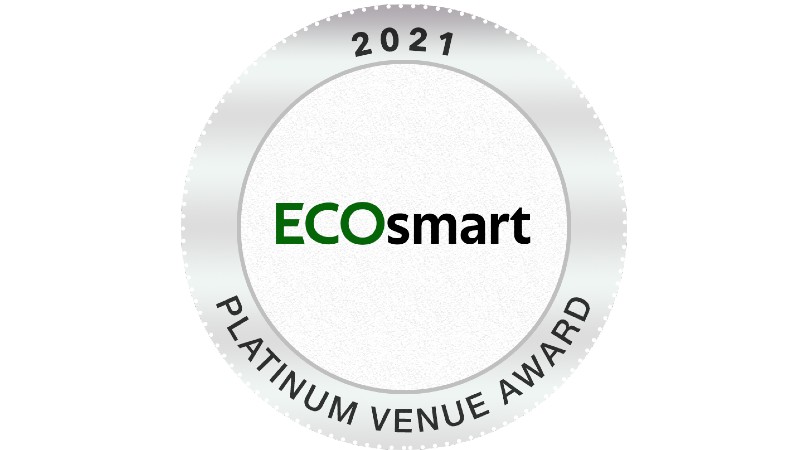Oxford Brookes University is accredited to ISO 14001, the world's most recognised environmental management system (EMS). It provides a framework for continually improving our environmental performance across the organisation while reducing our negative impacts on the environment .
All our new builds and refurbished venues use sustainable design guidelines that include design features such as natural lighting, "free" natural ventilation, low-flow water fixtures, and efficient heating systems. All new builds are being designed to deliver our aim to be net-zero by 2040.
We declared a climate emergency in 2021. Our new carbon strategy sets a target of a 68% reduction of scope 1 & 2 emissions (those relating predominantly to our buildings and infrastructure) from 2010 levels by 2030. By 2040, we intend to become a net-zero carbon organisation, where only unavoidable emissions are offset. By 2022 we had cut carbon emissions by 50% since 2005, we became the first UK University to have an operational geothermal heating system in 2022.
We are working towards our 75% recycling target for 2025, we segregate mixed recycling, hazardous, clinical, general and food waste across our operations. With <1% of our waste going to landfill and 96% of our construction waste being recycled in 2022. We focus heavily on waste prevention and re-use, and continued our successful campaign and partnership with the British Heart Foundation (BHF). In the 2020/21 academic year, staff and students raised over £25,000 from donations and in 2021/22 we raised £37,000.
Water efficient showers, taps, and toilets are installed in all buildings to help reduce water use. Rainwater harvesting at our Headington Campus and Clive Booth Accommodation capture rainwater for use in our toilets.
We have a vision to address the UK and global biodiversity crisis through the protection and enhancement of biodiversity across the university estate and wider global aspects through our teaching and research programs. We are the first university in the world to install bee-centred Freedom Hives. We have delivered rewilding projects and pollinator flower meadows are planted across sites to promote flora diversity and attract native bees. Bird, bat, and owl boxes are installed across our campuses to provide homes for wildlife. Bug hotels have been built to welcome overwintering guests.

